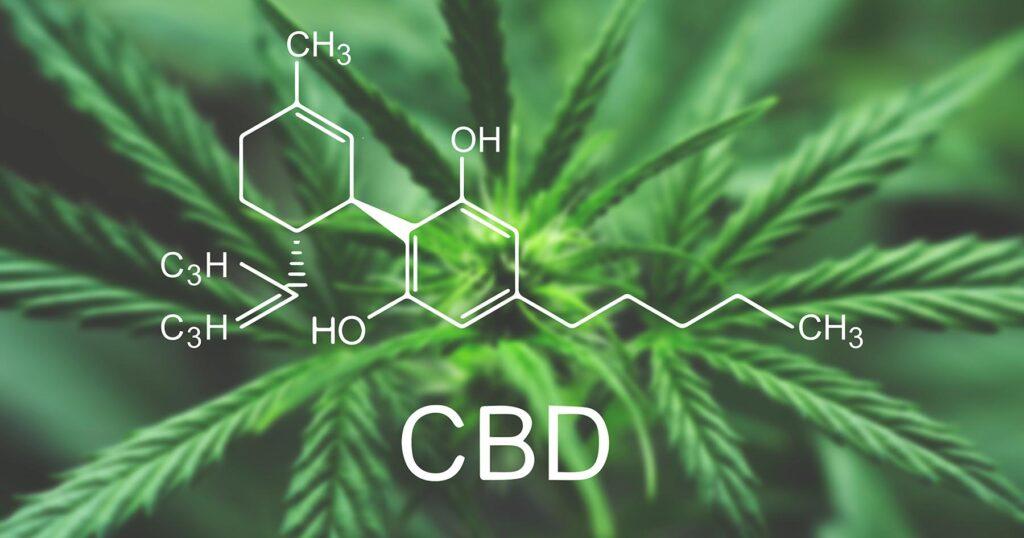A recent study published in the journal Molecular Nutrition & Food Research and available on the US National Institute of Health’s website, reveals that cannabidiol (CBD) may play a crucial role in improving cholesterol homeostasis and lipid metabolism in macrophages.

For the study, researchers investigated the impact of CBD on foam cell formation, a key factor in atherosclerosis (the buildup of fats, cholesterol and other substances in and on the artery walls), and found that CBD elevated levels of peroxisome proliferator-activated receptor gamma (PPARγ) and its targets, ATP binding transporters A1 and G1 (ABCA1/ABCG1). This elevation led to a reduction in foam cell formation and an increase in cholesterol efflux within macrophages.
The study also highlighted that the upregulation of ABCA1 and ABCG1 induced by CBD was diminished when treated with a PPARγ inhibitor or PPARγ small interfering RNA (siRNA). Additionally, transfection with PPARγ siRNA decreased the inhibitory effect of CBD on foam cell formation and its promotion of cholesterol efflux.
Lipidomics analysis further demonstrated that CBD significantly reversed the enhancement of ceramide levels, which were negatively associated with the expression of ABCA1/ABCG1.
In layman’s terms, these findings suggest that CBD could be a potential therapeutic agent for managing cholesterol levels and reducing the risk of atherosclerosis.
The study’s full abstract can be found below:
Abstract
Scope: The cannabidiol (CBD) in hemp oil has important pharmacological activities. Accumulating evidence suggests that CBD is beneficial in the cardiovascular system and has been applied as a health supplement for atherosclerosis. However, the mechanism remains unclear.
Methods and results: This study investigates the impact of CBD on foam cell formation, cholesterol homeostasis, and lipid metabolism in macrophages. CBD elevates the levels of peroxisome proliferator-activated receptor gamma (PPARγ) and its associated targets, such as ATP binding transporter A1/G1 (ABCA1/ABCG1), thus reducing foam cell formation, and increasing cholesterol efflux within macrophages. Notably, the upregulation of ABCA1 and ABCG1 expression induced by CBD is found to be attenuated by both a PPARγ inhibitor and PPARγ small interfering RNA (siRNA). Moreover, transfection of PPARγ siRNA results in a decrease in the inhibitory effect of CBD on foam cell formation and promotion of cholesterol efflux. Through lipidomics analysis, the study finds that CBD significantly reverses the enhancement of ceramide (Cer). Correlation analysis indicates a negative association between Cer level and the expression of ABCA1/ABCG1.
Conclusion: This study confirms that CBD can be an effective therapeutic candidate for atherosclerosis treatment by activating PPARγ, up-regulating ABCA1/ABCG1 expression, and down-regulating Cer level.







